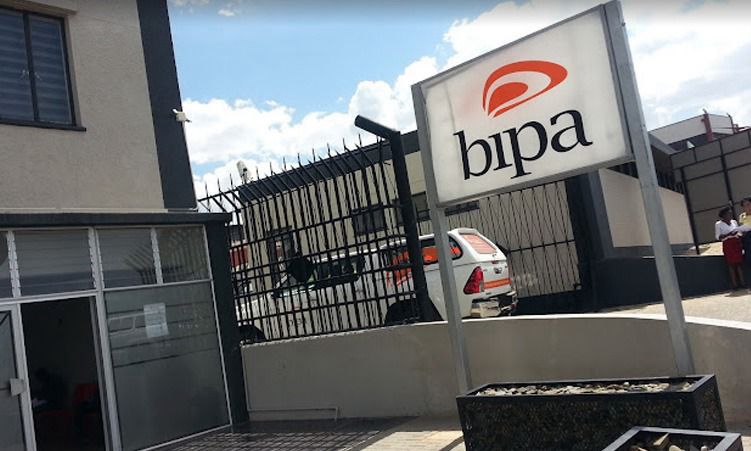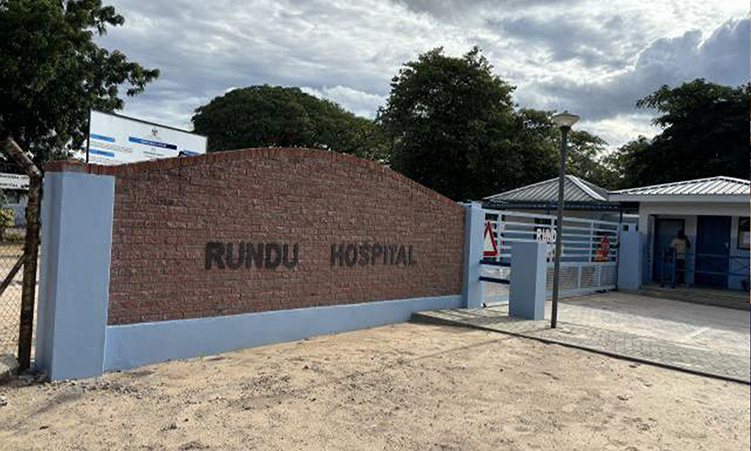JOHANNESBURG – Land reform programmes in southern Africa to take farms from mainly white commercial farmers to give to blacks could threaten the viability of farming, the head of a regional farmers’ grouping said.
Ishmael Sunga, chief executive of the Southern Africa Confederation of Agricultural Unions (SACAU), said such moves by several countries to correct imbalances from the colonial era could stunt productivity and investment in agriculture, a key sector for many countries in the region.'(Land reform) brings a destabilising factor which gives uncertainty to investors, and that includes both foreigners and the farmers who are on the land,’ Sunga told Reuters on the sidelines of an agriculture conference at the end of last week.’If those uncertainties are not addressed then you are not going to be able to invest in the land … You can’t even sink a borehole, or put a fence around a farm because you don’t know how long you are going to be on that land.’Land reform is an emotive and racially sensitive issue in many countries across southern Africa, where governments are trying to give back to black farmers land that was taken from them by former white colonialists and apartheid governments.SACAU, a grouping of 14 black and white farmers’ unions from 10 southern African countries, is developing a common agriculture policy for countries in the Southern Africa Development Community (SADC), which Sunga said will try to develop a framework for improved land reform programmes.’All the submissions that we have from all the countries are asking for a common mechanism to deal with land reform because it’s an issue … it’s a major issue,’ he said.After the end of apartheid in 1994, South Africa’s ruling African National Congress set itself a target of handing 30 per cent of all agricultural land to the black majority by 2014.But progress towards the target has been slow and only about six per cent of land has been acquired from private owners amid funding problems that government officials say might prevent the 30 per cent goal from being reached.In Zimbabwe, many white farmers have been forcibly evicted by President Robert Mugabe’s government since 2000, causing a slump in agriculture, once the country’s economic mainstay.’Those are the kind of things that we are trying to avoid. We need more production-oriented land reform, which focuses more on the economic objectives of land reform than the political objectives,’ Sunga said.’The question should be, if you’re going to do land reform, is the main objective economic or political?’ Hopes are high across Africa that the farm sector will help attract investment and infrastructure, and lift millions of people out of hunger and poverty.A new wave of investment, brought on by the global food crisis of 2007-08, has seen billions of dollars spent by Asian and European investors on farmland and food production in Africa, where arable land, fertile soil and water are abundant .That has also raised cries of exploitation by land activists and some international donor groups who say communities are once again being taken advantage of for their natural resources.- Nampa-Reuters
Stay informed with The Namibian – your source for credible journalism. Get in-depth reporting and opinions for
only N$85 a month. Invest in journalism, invest in democracy –
Subscribe Now!










